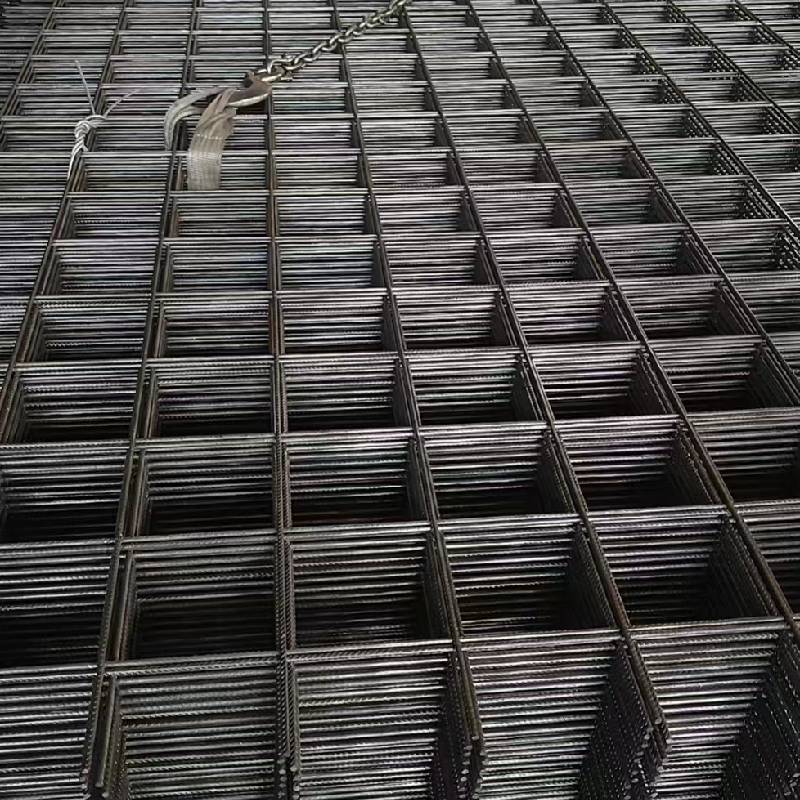
- Mobile Phone
- +8613931874955
- sales@cntcmetal.com
Galvanized Wire with a Durable Coating for Enhanced Corrosion Resistance and Longevity
The Versatility and Advantages of GI Coated Wire
Galvanized Iron (GI) coated wire is a widely used material in various industries due to its exceptional properties and versatility. This type of wire is produced by coating iron or steel with a layer of zinc, which serves as a protective barrier against corrosion. The process of galvanization not only enhances the longevity of the wire but also improves its performance in different applications. In this article, we will explore the characteristics, applications, and benefits of GI coated wire.
Characteristics of GI Coated Wire
GI coated wire is renowned for its durability and strength. The zinc coating, typically applied through hot-dip galvanization, provides excellent resistance to rust and corrosion, effectively prolonging the lifespan of the wire. This characteristic makes GI coated wire particularly suitable for outdoor applications where exposure to harsh environmental conditions is common.
The wire is flexible and can be manufactured in various diameters and strengths, allowing for customization according to specific requirements. Moreover, GI coated wire has a smooth surface, which minimizes friction and makes it easier to handle and install. The aesthetic appeal of the shiny zinc coating also adds to its desirability in decorative applications.
Applications of GI Coated Wire
GI coated wire finds applications in a multitude of industries due to its versatile nature. One of the most common uses is in the construction sector, where it is utilized for reinforcing concrete structures, fencing, and as tie wire for securing various construction materials. Its resistance to rust ensures that structures remain sound and stable over time, reducing maintenance costs for builders and homeowners alike.
In agricultural settings, GI coated wire is essential for fencing, trellising for plants, and securing livestock. Farmers and gardeners appreciate the wire's ability to withstand outdoor elements while providing the necessary support for crops and animals.
gi coated wire

The wire is also widely used in electrical applications. GI coated wire can serve as a grounding wire, ensuring safety by directing excess electrical currents away from sensitive equipment. Additionally, it is utilized in the manufacture of wire ropes, chain link fences, and various types of netting, which further underscores its versatility.
Benefits of GI Coated Wire
The primary advantage of GI coated wire is its corrosion resistance, which significantly extends its service life. Unlike untreated wire, which may begin to corrode within months of exposure to moisture, GI coated wire can last for decades, making it a cost-effective solution in the long run.
Furthermore, GI coated wire is eco-friendly. The galvanization process can be performed using recycled materials, and the wire itself is fully recyclable at the end of its lifespan. This aligns with modern sustainability goals and makes GI coated wire a responsible choice for environmentally conscious projects.
Another significant benefit is its low maintenance requirement. Once installed, GI coated wire does not need frequent replacements or repairs, allowing businesses and individuals to save time and resources. This durability translates into lower overall operational costs, further enhancing its appeal to various users.
Conclusion
In conclusion, GI coated wire is an essential material that continues to play a crucial role in diverse sectors, including construction, agriculture, and electrical applications. Its remarkable resistance to corrosion, combined with its flexibility and strength, makes it a preferred choice for many professionals and DIY enthusiasts alike. As industries move towards more sustainable practices, the eco-friendly nature of GI coated wire only adds to its growing popularity. As such, it is clear that GI coated wire is not just a practical solution but also a smart investment for the future.
share:
-
Wall Ties for Concrete: Invisible Guardians of Building Structural StabilityNewsAug.08,2025
-
Timber Frame Wall Ties: Stable Bonds for Load TransmissionNewsAug.08,2025
-
Stainless Steel Woven Wire Mesh: A versatile material from boundary protection to functional supportNewsAug.08,2025
-
Powder Coat Coil Springs: Creating peace of mind and reliability with sturdy protectionNewsAug.08,2025
-
Floor Standing Sign Holder: A Powerful Assistant for Flexible DisplayNewsAug.08,2025
-
Binding Iron Wire: An Invisible Bond for Building StabilityNewsAug.08,2025
-
Yard Sign Stakes: Reliable Guardians of Outdoor SignsNewsAug.04,2025



















